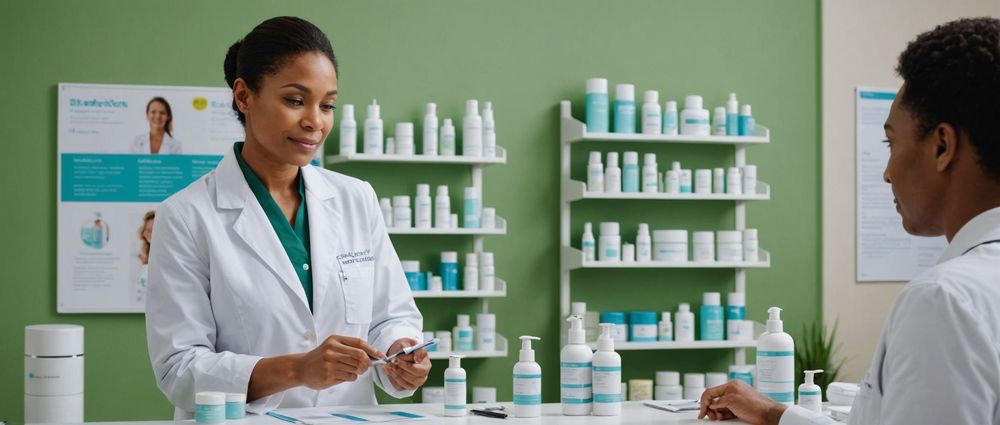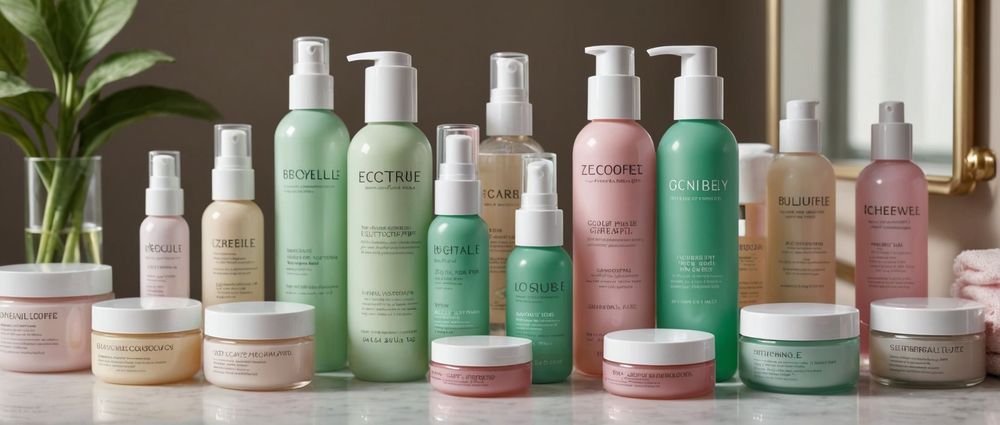When it comes to skincare and cosmetics, not all ingredients are created equal. While some components nourish and protect the skin, others can cause irritation, allergic reactions, or exacerbate preexisting conditions. This article will delve into common ingredients that dermatologists recommend avoiding for healthier, more radiant skin.
1. Parabens

Parabens are synthetic preservatives widely used in skincare and cosmetic products to prevent bacterial growth. Despite their effectiveness, these chemicals have garnered significant concern due to their potential link to hormone disruption and breast cancer. Parabens can mimic estrogen in the body, potentially leading to hormonal imbalances. They are often found in lotions, shampoos, and make-up. As awareness grows, many brands are now offering paraben-free products that effectively maintain freshness without compromising safety.
2. Sulfates

Sulfates, particularly sodium lauryl sulfate (SLS) and sodium laureth sulfate (SLES), are commonly used as cleansing agents in shampoos and body washes. They are responsible for that satisfying lather, but they can strip the skin of its natural oils, leading to dryness and irritation. For individuals with sensitive skin or conditions like eczema, sulfates can exacerbate symptoms. Instead of products containing sulfates, look for gentler alternatives, such as those labeled as sulfate-free, which cleanse without being harsh on the skin.
3. Fragrance
The term “fragrance” on ingredient lists can be misleading, as it often represents a complex mix of numerous chemicals. Many synthetic fragrances can cause allergic reactions, skin irritation, and rashes. Additionally, they can worsen conditions like eczema and rosacea. It’s essential to choose products that are fragrance-free or use natural fragrances derived from essential oils. Always perform a patch test when trying any new product containing fragrance to avoid unexpected reactions.
4. Alcohols
Not all alcohols are harmful in skincare, but certain types, particularly those that are short-chain such as denatured alcohol or isopropyl alcohol, can be very drying. These alcohols may give a product a lightweight feel, but they can strip the skin of moisture, leading to irritation and increased oiliness over time as the skin tries to compensate. Opt for products that contain fatty alcohols like cetyl, stearyl, or cetearyl alcohol, which are moisturizing and beneficial for the skin. When evaluating your skincare products, check the list for specific types of alcohol that may be included.
5. Synthetic Dyes
Synthetic dyes are added to cosmetics and skincare products to enhance their appearance. However, these dyes can cause allergic reactions and skin sensitivity. Colors derived from coal tar, known as CI numbers, are particularly concerning due to potential links to carcinogenic effects. Derms often recommend opting for products that utilize natural colorants instead. This ensures you’re treating your skin with substances less likely to provoke adverse reactions. Always check labels for any CI numbers or synthetic colorants when selecting your products.
Conclusion
Choosing the right skincare and cosmetic products is crucial for maintaining the health of your skin. Being aware of harmful ingredients such as parabens, sulfates, fragrances, certain alcohols, and synthetic dyes can significantly impact your skincare routine. Always opt for products with cleaner formulations to avoid potential irritation and long-term skin damage. By making informed decisions about the products you use, you can promote healthier, clearer skin and avoid unnecessary complications from harmful ingredients.
FAQs
1. What are parabens, and why are they harmful?
Parabens are synthetic preservatives used to prolong the shelf life of cosmetics. They can interfere with hormonal balance by mimicking estrogen, potentially leading to various health issues.
2. Are sulfates bad for all skin types?
While sulfates are effective cleansers, they strip natural oils from the skin, which can cause dryness and irritation, particularly in sensitive skin types. Those with normal skin may not experience issues, but it’s best to approach sulfates with caution.
3. How can I identify products that are fragrance-free?
Look for the label “fragrance-free” or “unscented” on products. Check the ingredient list for “fragrance” or “parfum” to ensure those ingredients are absent.
4. What are the signs of skin irritation from alcohol in products?
Signs include redness, dryness, flaking, and a burning sensation. If you notice these symptoms after using a product, discontinue use and consult a dermatologist.
5. Can natural dyes be harmful as well?
Natural dyes are typically safer than synthetic options, but it’s essential to do thorough research as some individuals may have allergies or sensitivities to specific plant-based dyes.
